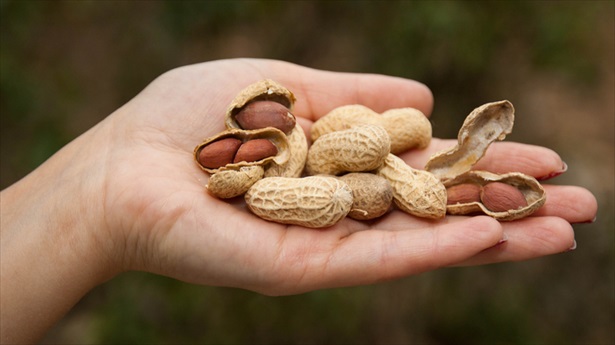
In regards to allergies, great news is usually in limited supply. When you look at the quantity of kids using inhalers, hospital admissions for serious reactions and even food allergy data, the numbers constantly appear to go up.
The question then becomes, why is it that allergy cases are rising so relentlessly?
Allergy UK says one in three individuals have at least one form of allergy and at least a quarter of us have, or have had, hay fever. The amount of kids with eczema and allergic rhinitis, caused by responses to pollen, dust and animal dander, nearly tripled from 1970-2000 but has since plateaued.
It’s difficult to understand just how much of the increase is due to better identification of it and/or increased pickup, and how much are actual increases. Nevertheless, most specialists concur that allergy cases are on the rise, says Dr. Tariq El-Shanawany, a consultant immunologist at Cardiff and Vale NHS Trust.
“All of this is particularly worrying, as the severity is growing and the number of kids sensitive to multiple foods is also rising,” says Maureen Jenkins, clinical manager for Allergy UK.
Allergic reactions occur when the immune system mistakenly identifies benign allergens, like pollen or dust, as dangerous and activates defense mechanisms in the body. As stated by the hygiene hypothesis, before, our immune systems were more finely tuned, thanks to greater amounts of diseases and contact with a broader selection of microbes and parasitic worms during youth. Clean water, pasteurization and sterilization, vaccinations and prevalent antibiotic use have helped to drastically increase life expectancy, however, the reverse side is the fact that we come across much fewer infectious agents and, consequently, our immune systems are less primed to tell ‘friend’ from ‘foe’. There’s a lot of research to support the theory… this past year, Swedish researchers found that kids who live on dairy farms have one tenth the danger of developing allergies compared to other kids.
The upsurge in caesarian sections has also played a part. Studies have found that those birthed by C-section can be up to five times more likely to possess allergies. Vitamin D deficiency from spending less time outside, as well as too little exercise, also have been attributed. Therefore, Western lifestyles are linked with higher rates of allergy cases, says El-Shanawany.
Untangling these causes will undoubtedly keep researchers busy for a long time. Meanwhile, what can be done to lessen the load of suffering, from runny noses to possibly lethal responses? While antihistamine pills, sprays and lotions allow for some alleviation, the primary treatment is avoidance of the causes. Immunotherapy, which calls for exposing patients to small, slowly increasing, doses of their allergens, can decrease the power and frequency of the allergic reactions. However, that treatment is currently available for serious instances of bee and wasp sting allergies, hay fever and animal allergies, and is quite expensive and could take as many as five years.
Currently, researchers are trying to enhance immunotherapy by, for instance, using the unique proteins in pollen that cause hay fever as opposed to a mixture of them all. Clinical trials are also underway for designer ‘de-sensitization’ strategies that call for altering the proteins that trigger allergic reactions.
The more recent work which could significantly cut food allergy rates, leading to a number of favorable headlines; the “Learning Early About Peanut Allergy” (or LEAP) study, was published in February. The findings are anticipated to lead to new public health guidelines. The actual value is the fact that we finally have a strategy to prevent peanut allergies, which we didn’t have in the past, says Deficiency.
Another study, expected to be finished this year, should show whether early ingestion of eggs, milk, fish, wheat and sesame can likewise cut allergy rates. There’s absolutely no reason to consider it won’t work for other foods, but we must consider the signs before we can give any guidance, Deficiency adds.
SOURCE:
Fleming, Nic. “Could Peanut Studies Point the Way to a Cure for Other Allergies?” N.p., n.d. Web. http://www.theguardian.com/lifeandstyle/2015/mar/22/could-peanut-studies-point-way-to-cure-for-allergies




